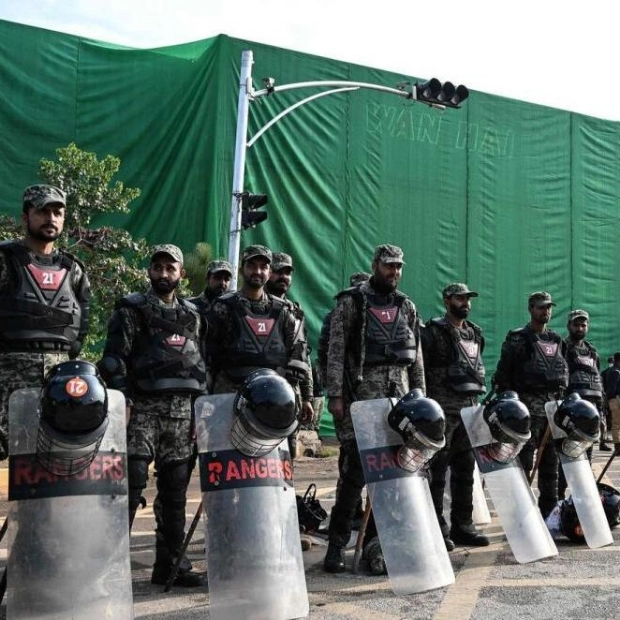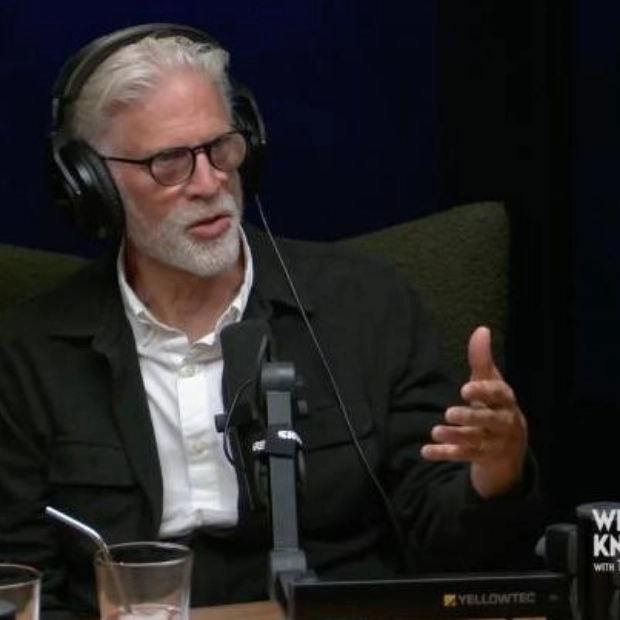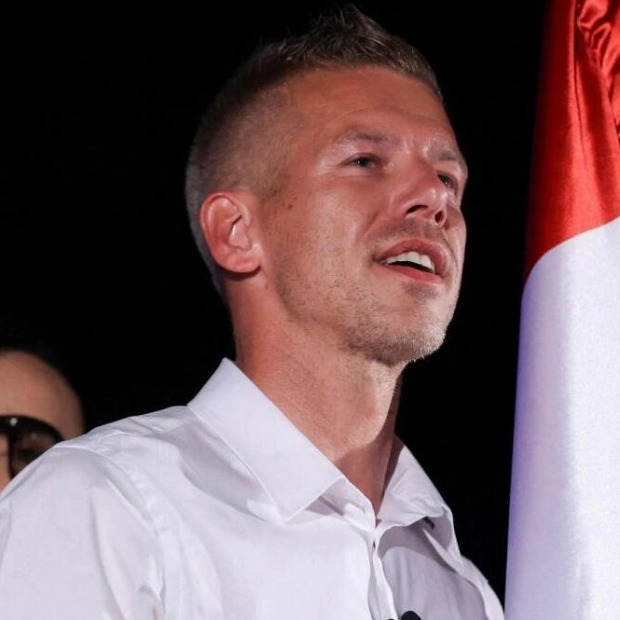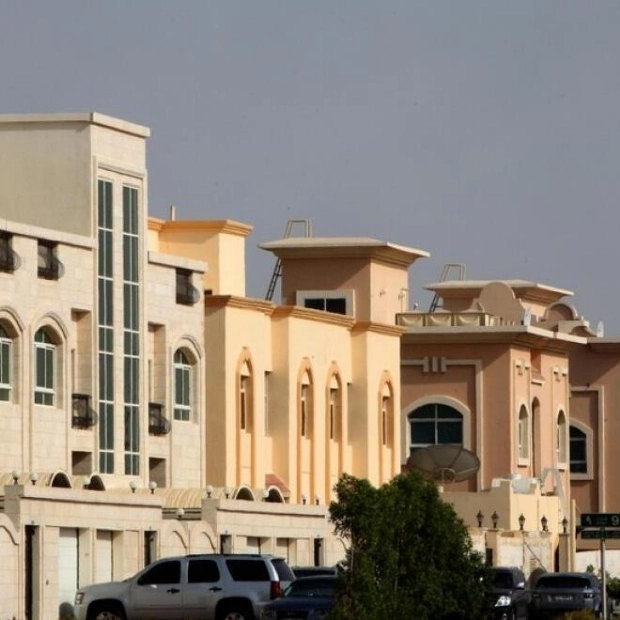On Thursday, Israeli helicopters targeted Rafah in Gaza, as reported by local residents. Simultaneously, Hamas militants engaged in street fights in the southern city. This occurred shortly after US diplomat Antony Blinken expressed optimism about a potential truce. However, the conflict continued, escalating tensions along Israel's northern border due to further attacks by Lebanon's Hezbollah on military positions. Israel, which has been exchanging fire with Hezbollah, a Hamas ally, since the beginning of the Gaza conflict, vowed a strong response. Israeli ground forces have been active in Rafah since early May, despite global concerns for Palestinian civilians, including a ruling by the International Court of Justice later that month. Western parts of Rafah experienced intense aerial, naval, and land bombardment, according to residents. One resident detailed the extensive use of warplanes, Apache helicopters, quadcopters, artillery, and military ships targeting the area. Hamas claimed its fighters were actively battling Israeli troops in the city, close to the Gaza Strip's border with Egypt. Efforts to negotiate a ceasefire were hindered when Israel initiated ground operations in Rafah. However, US President Joe Biden initiated a fresh attempt to broker a deal in late May. Subsequently, the UN Security Council endorsed a US-drafted resolution backing this initiative. During his visit to Doha, Blinken, promoting Biden's ceasefire plan, stated that Washington would collaborate with regional partners to finalize the agreement. Hamas responded to mediators from Qatar and Egypt, with Blinken noting that some proposed amendments were viable while others were not. A senior Hamas official, Osama Hamdan, demanded a permanent ceasefire and the complete withdrawal of Israeli troops from Gaza, conditions consistently rejected by Israel. The proposed plan includes a six-week ceasefire, a prisoner exchange, and reconstruction of Gaza. This would be the first truce since a brief November pause that resulted in the release of hostages and Palestinian prisoners. Although Blinken attributed the plan to Israel, Prime Minister Benjamin Netanyahu, whose government includes far-right factions vehemently opposed to the deal, has not publicly supported it. Blinken expressed hope for an agreement, stating that it remains to be seen if the gaps can be bridged in the coming days. A UN investigation concluded that Israel had committed crimes against humanity during the war, with both Israeli and Palestinian armed groups accused of war crimes. The war has caused extensive damage, with hospitals incapacitated and the UN warning of impending famine. The World Health Organisation reported over 8,000 children under five treated for acute malnutrition in Gaza, where only two stabilization centers for severely malnourished patients are operational. The WHO chief, Tedros Adhanom Ghebreyesus, noted that despite reports of increased food deliveries, there is no evidence that the most vulnerable are receiving adequate quantities and quality of food. An Israeli advocacy group for hostages and missing families viewed Hamas's response as a step towards accepting Israel's hostage deal proposal, referring to Biden's plan. Some Gazans urged Hamas to exert more effort to secure an agreement, with one man, Abu Shaker, lamenting the dire situation and calling for the war to end at any cost. The Israeli military confirmed targeted operations in Rafah, discovering weapons and killing several militants in close combat. Over 10 militants were reportedly killed in central Gaza, with an AFP reporter documenting overnight strikes and shelling in other parts of the territory. Gaza's civil defense agency recovered three bodies from a home in Nuseirat, central Gaza, following an Israeli strike.
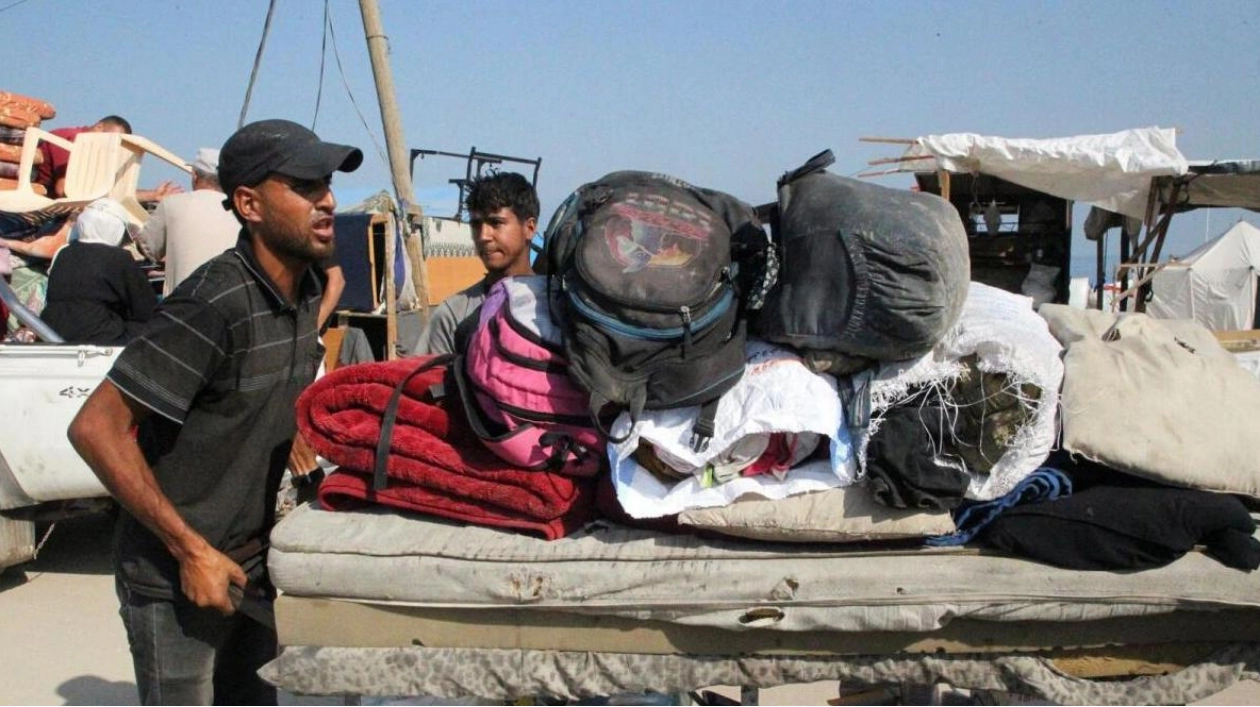
Text: Lara Palmer
13.06.2024
Israeli and Hamas Forces Clash as International Efforts to Secure a Truce Continue
